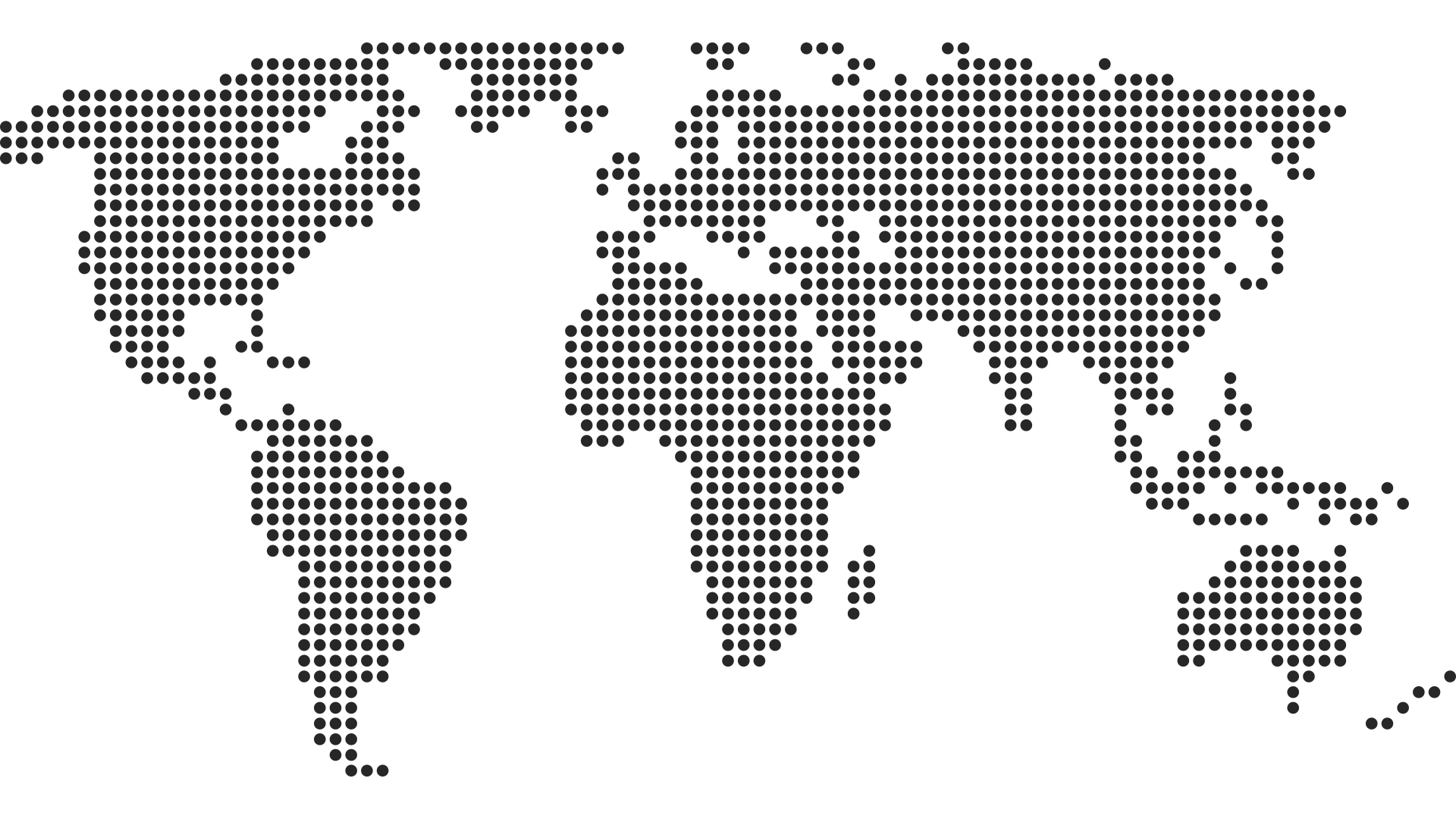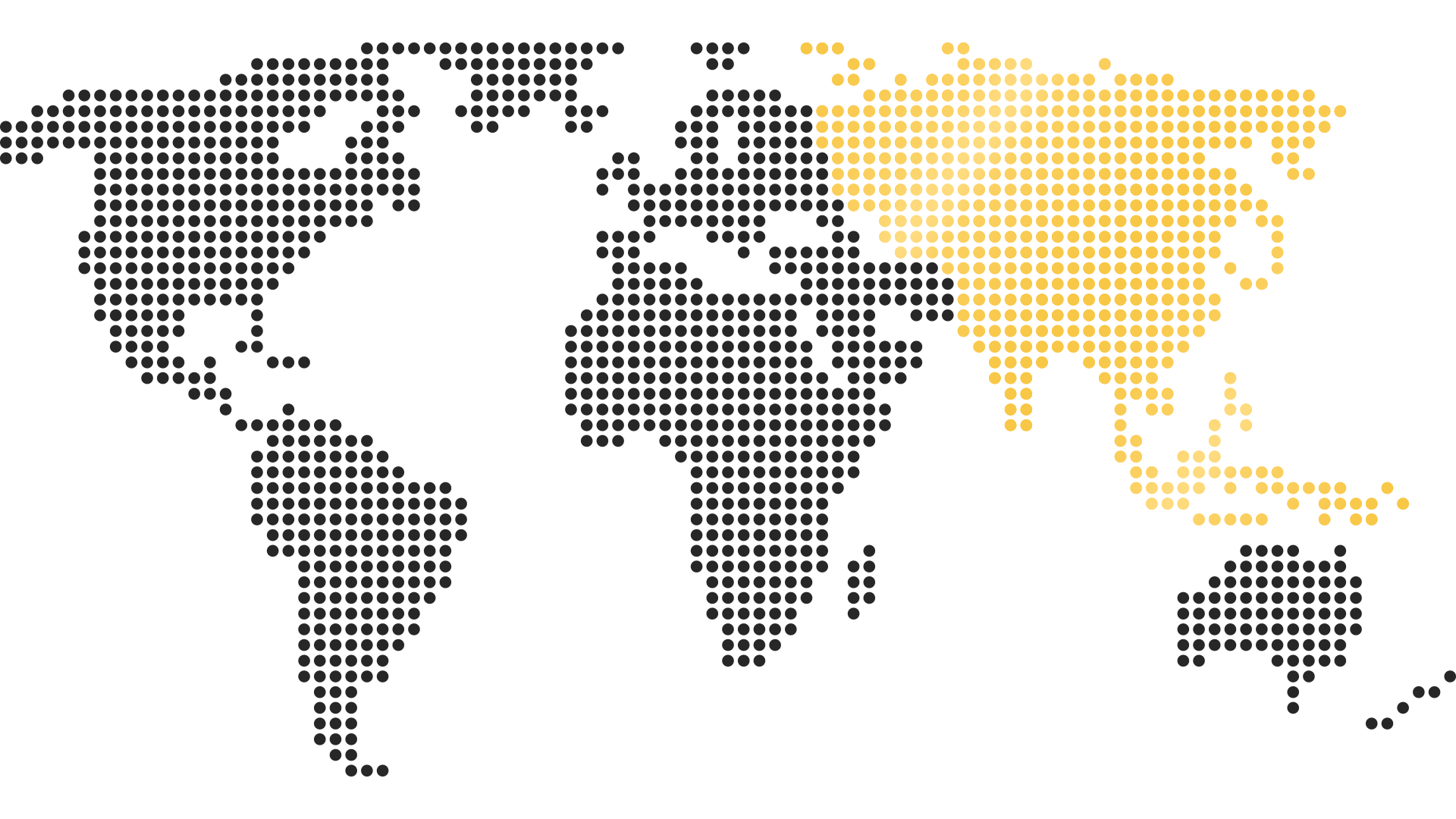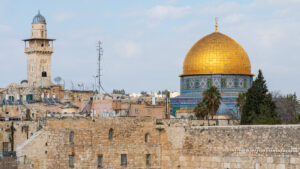Statement on Israel-Palestine Violence
James Patton, ICRD President & CEO
May 14, 2021
Land. Power. Water. Justice. Security. Faith. The seemingly interminable Israel-Palestine conflict seethes around so many issues that are critical to lives and livelihoods and generate fierce and righteous outrage. It is so tempting to take up the call to arms for one side or another. Yet, as bombs and rockets cross the airspace in recent days, more children, mothers, workers, young men driven into the ranks of violence by their fear, anger, and pain are dying.
ICRD joins with those who lament the grave loss of life in the Holy Land, and with the call for an immediate end to hostilities, incitement, and provocations. We join with other interfaith and peacebuilding entities in urging political, religious, and community leaders to unreservedly speak out against all acts of violence, and to unify in a public appeal for calm.
For more than 4 billion human beings around the globe, Jerusalem is seen as the point at which the human and the divine come into contact. The Holy of Holies in the Jerusalem Temple was where Jewish faith leaders encountered the Shekinah, the very presence of Yahweh. The remaining Temple wall still calls to the faithful to lament and pray. For Christians, Jesus’ entire life revolved around Jerusalem, where he preached and performed miracles, where he suffered, died and was resurrected. From Jerusalem he ascended to heaven. Some claim to have even found the walls of the building where the Last Supper was held shortly before Jesus was crucified. And for Muslims, Jerusalem is, among other things, the site of the Mir’aj, the journey into the heavens during which Muhammad (PBUH) met with the shared prophets of the Abrahamic traditions, and with Allah himself.
And yet, to outside observers, Jerusalem today seems anything but holy. It seems rather to be the point of eruption of the worst of what humanity can be, the worst of how humans can treat other humans. Neighbors who have lived, worked, schooled, and socialized together are now lynching one another in the streets. The grievances giving rise to mutual recrimination are real. A history of oppression and dehumanizing violence against Palestinians is real. Violent anti-Semitism that spans centuries and continues to this day is real. And decades of frustration, anguish, and failed peace have now run over into the communities in a tragic escalation. But the weaponization of grief offers no constructive platform to build a just and inclusive society.
If Jerusalem is where the Abrahamic divine – Yahweh, God, Allah – reaches out to touch the human community, then that hand is surely being withdrawn in shock and pain. The divine does not revel in human hatred and violence. What is holy is what heals and gives life.
The month of May will witness Orthodox Christian Easter, the end of the Muslim holy month of Ramadan, and the Jewish celebration of Shavuot – moments of reflection, renewal, and gratitude. True gratitude requires humility, empathy, and care. Policies and practices that aim to turn hatred into harm do not reflect the divine character and are a shameful rejection of that presence that has reached out to the Holy Land for millennia. The violence must end. Those who capitalize on it for their own gain must be sidelined. Those who already see beyond the suffering and are working toward a future characterized by respect, tolerance, and even cooperation need our support, and many more must come to the fore.
ICRD is committed to supporting a future of justice, peace, and security for all people. Behind the direct violence we are witnessing are profound historical, structural, and systemic issues which require both courage and strength to confront. Violence is a toxin that burrows into a community, embeds in a culture, taints personal values, and promises to erupt in future cycles of destruction. ICRD mourns for all involved, but holds on to the belief that a path toward a just and peaceful future can be forged. But there is simply no road to sustainable peace through violence.






 Skip to content
Skip to content

